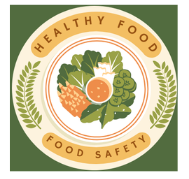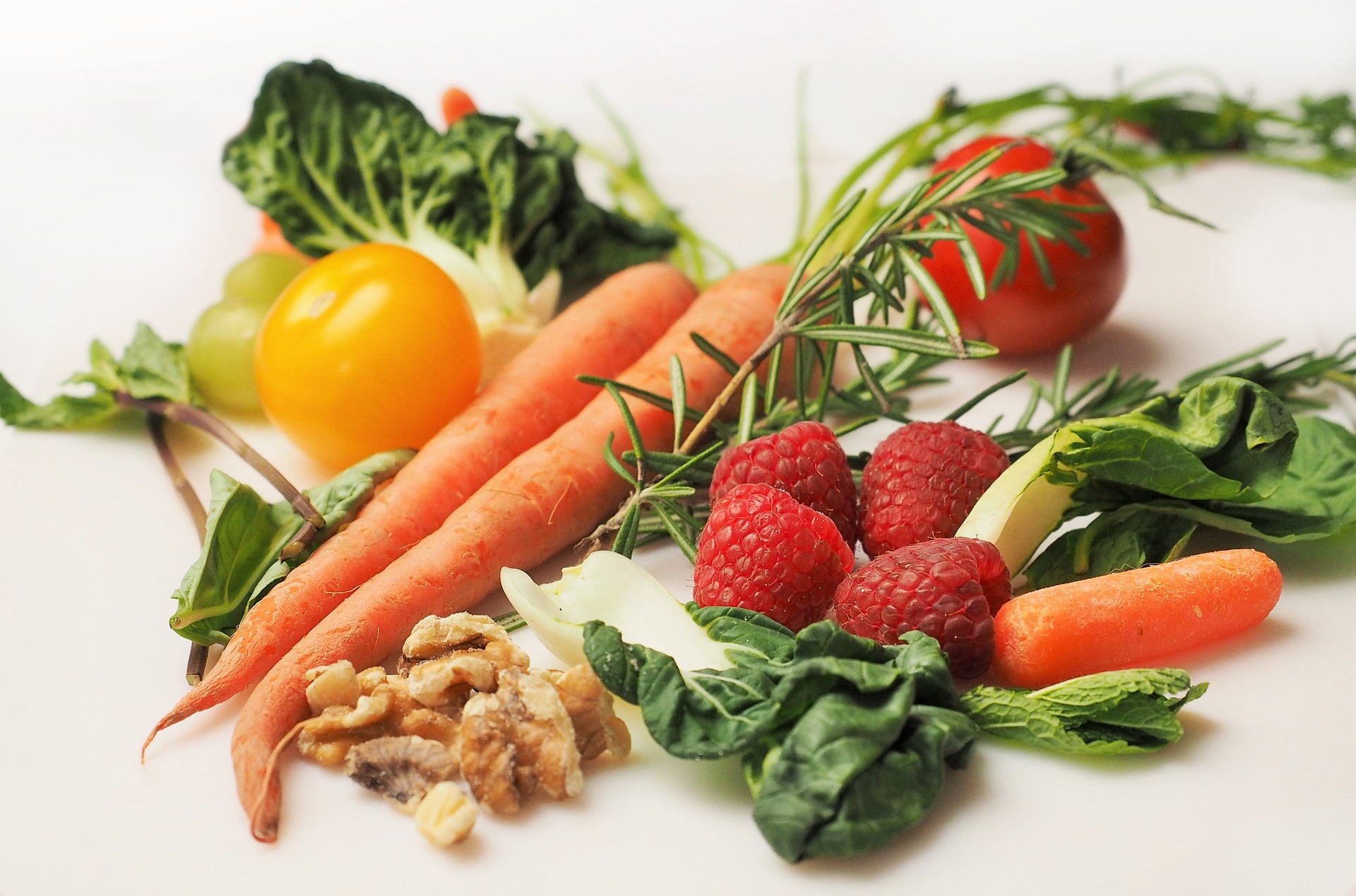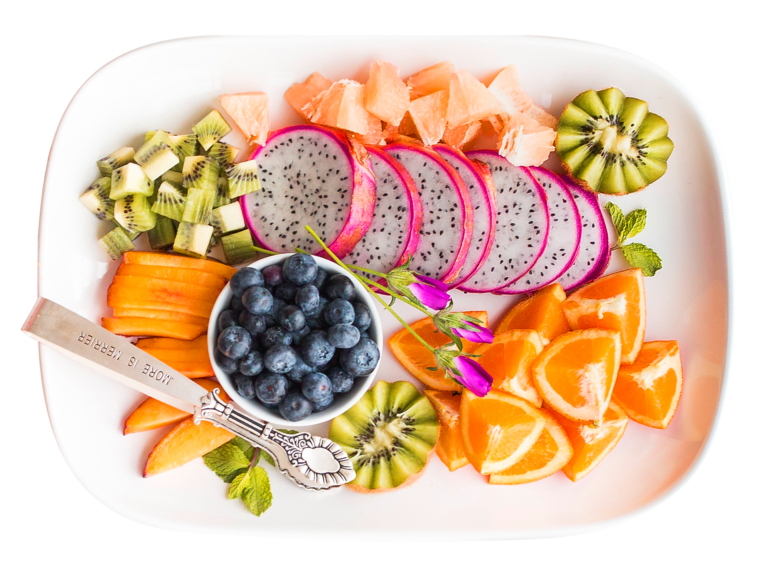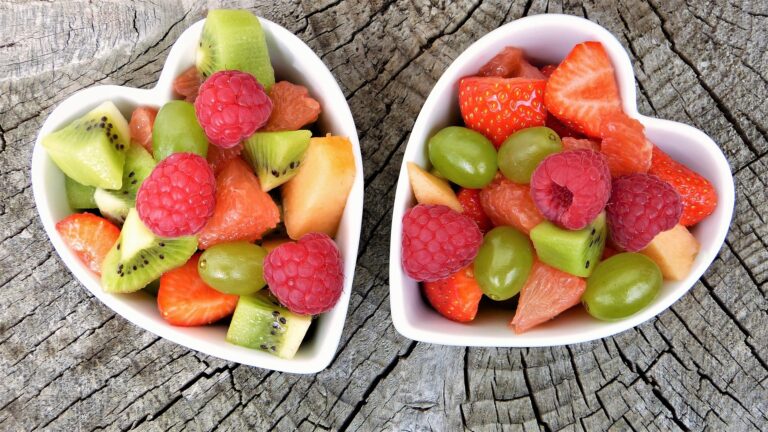Top 20 Fruits and Vegetables High in Vitamin C
Vitamin C is an important nutrient that is essential for maintaining a healthy immune system and for the production of collagen, a protein that helps to keep skin, blood vessels, and other tissues in the body healthy. It is also a powerful antioxidant that can help protect the body against harmful free radicals.
The importance of vitamin C for Human health can not be ignored as it helps in the overall healthy functioning of the human body. We will be sharing 20 Fruits and Vegetables high in Vitamin C.
Top 10 Super Fruits High in Vitamin C
Here is a list of some fruits that are very rich in vitamin C:
Acerola cherry:
Acerola also known as the Barbados cherry, is a small, red fruit that is native to Central and South America. It is an excellent source of vitamin C, with one cup of fresh fruit containing about 1,670 mg/100 grams of vitamin C. This is about 1,800% of the recommended daily intake for adults.
Rosehips
Rosehips are the fruit of the rose plant, and they are a good source of vitamin C. One cup of fresh rosehip contains about 425 mg/100 grams of vitamin C, which is about 209% of the recommended daily intake for adults. Rosehips can also be dried and made into a powder, which can be used as a dietary supplement.
Sea buckthorn
Sea buckthorn is a plant that is native to Europe and Asia, and its berries are a good source of vitamin C. One cup of fresh sea buckthorn berries contains about 310 mg/100 grams of vitamin C, which is about 196% of the recommended daily intake for adults. Sea buckthorn berries can also be dried and made into a powder, which can be used as a dietary supplement.
Guava:
One cup of guava chunks contains about 235 mg/100 grams of vitamin C, which is about 139% of the recommended daily intake.
Black Currants
Black Currants are a type of small, dark-colored fruit that is native to Europe and Asia. They are a good source of vitamin C, with one cup of fresh black currants containing about 200 mg/100 grams of vitamin C, which is about 238% of the recommended daily intake for adults. Black currants can also be dried and made into a powder, which can be used as a dietary supplement.
Kiwi:
One kiwi fruit contains about 80 mg/100 grams of vitamin C, which is about 71% of the recommended daily intake.
Strawberries:
One cup of strawberries contains about 75 mg/100 grams of vitamin C, which is about 95% of the recommended daily intake.
Papaya:
One cup of papaya chunks contains about 65 mg/100 grams of vitamin C, which is about 98% of the recommended daily intake.
Oranges:
One medium orange contains about 60 mg/100 grams of vitamin C, which is about 80% of the recommended daily intake.
Table: Vitamin C in Fruits mg/100 grams
| Fruit Name | Vitamin C (mg) per 100 grams |
|---|---|
| Acerola Cherry | 1670 |
| Rosehip | 425 |
| Sea buckthorn | 310 |
| Guava | 235 |
| Black Currant | 200 |
| Kiwi | 80 |
| Strawberry | 75 |
| Papaya | 65 |
| Orange | 60 |
List of Vitamin C Rich Vegetables
Vitamin C Rich Vegetables consumption is very important for healthy living. Vitamin C is an important nutrient that is essential for maintaining a healthy immune system and for the production of collagen, a protein that helps to keep skin, blood vessels, and other tissues in the body healthy. It is also a powerful antioxidant that can help protect the body against harmful free radicals.
The importance of vitamin C for Human health cannot be ignored as its helps in overall healthy functioning of human body.
There are many vegetables which are rich in Vitamin C but below we will be discussing about major vegetables.
Moringa:
Moringa also known as the drumstick tree or the horseradish tree, is a plant that is native to India and is known for its nutrient-rich leaves. Moringa leaves are a good source of vitamin C, with a single serving providing about 22% of the daily recommended intake. Moringa leaves are often consumed in the form of a powder or supplement.
Red Peppers:
Red peppers are an excellent source of vitamin C, with a single medium pepper providing about 190% of the daily recommended intake. Vitamin C is an essential nutrient that plays a number of important roles in the body, including helping to protect cells from oxidative stress and supporting the immune system
kale:
Kale: This leafy green is packed with vitamin C, with a single cup providing over 100% of your daily recommended intake.
Broccoli:
Broccoli: This crunchy green veggie is a good source of vitamin C, with a single cup providing more than 100% of your daily recommended intake.
Spinach:
Spinach: This leafy green is high in vitamin C, with a single cup providing about 40% of your daily recommended intake.
Cabbage:
Cabbage is an excellent source of vitamin C, with a single cup of raw cabbage providing about 50% of the daily recommended intake. Vitamin C is an essential nutrient that plays a number of important roles in the body, including helping to protect cells from oxidative stress and supporting the immune system. Cabbage is also a good source of other nutrients, such as vitamin K, folate, and potassium. It can be eaten raw or cooked, and it can be added to a variety of dishes such as salads, soups, and stir-fries. In addition to vitamin C, cabbage is also a good source of antioxidants.
Califlower:
Califlower is a good source of vitamin C, with a single cup of raw cauliflower providing about 50% of the daily recommended intake. Vitamin C is an essential nutrient that plays a number of important roles in the body, including helping to protect cells from oxidative stress and supporting the immune system. Cauliflower is also a good source of other nutrients, such as vitamin K, folate, and potassium. It can be eaten raw or cooked, and it can be added to a variety of dishes such as salads, soups, and stir-fries. In addition to vitamin C, cauliflower is also a good source of antioxidants, which may have a number of potential health benefits, such as reducing the risk of chronic diseases such as heart disease and cancer.
Table: Vitamin C Vegetable mg/100 grams
| Vegetable Name | Vitamin C (mg) per 100 grams |
| Moringa Powder | 145 |
| Red Pepper | 130 |
| Kale | 125 |
| Broccoli | 90 |
| Spinach | 35 |
| Cabbage | 60 |
| Cauliflower | 50 |
Vitamin C Benefits for Human Health
Below is the list of health benefits of vitamin C from fruits and vegetables:







